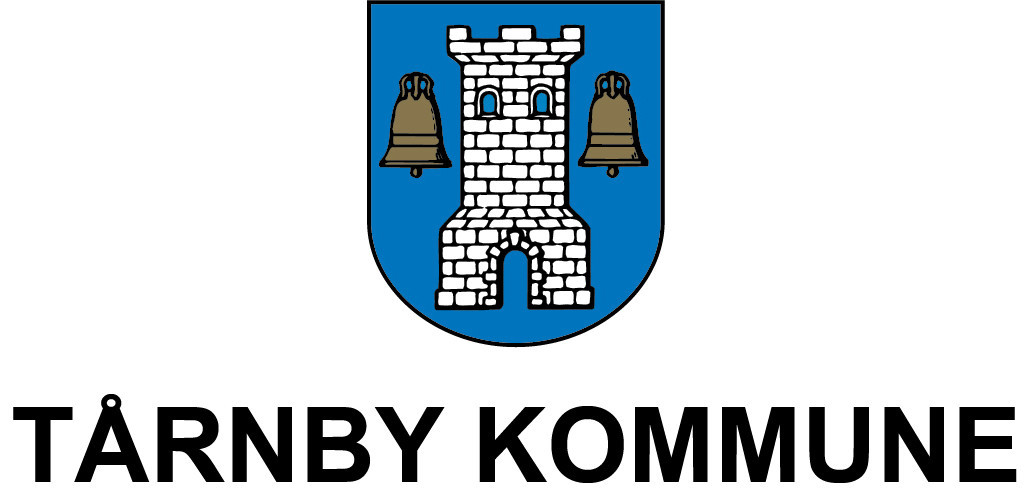Tips when you are looking for work in the cultural sector in Sweden
Are you keen to explore the job opportunities on the other side of Øresund? That’s not a bad idea at all! The way to apply for jobs in Sweden is not very different from what it’s like in Denmark. We’ve put together a few tips below that can be useful to bear in mind.
This information is for EU/EEA citizens only
Search on a broad front
It is very common for companies and organizations in the cultural sector to advertise vacancies on their websites, so one tip is to visit them regularly, follow them on social media, or submit an unsolicited job application.
Tips on websites in the cultural sector that can be worth visiting.
Stagepool - job bank in the field of culture
Statist.se - the Nordic region's biggest casting site
Arbetsformedlingen.se/Platsbanken - The Swedish Public Employment Service's jobs site
At our Information Center in Malmø, you can also meet employment consultants who can offer you guidance on the Swedish labor market.
Apply spontaneously
If you have found an employer that seems interesting, you could try sending an unsolicited job application. It’s not as common for Swedish employers to save applications for a long time, as is often the case in Denmark. It’s a good idea to send your job application directly to the head of the department closest to your area of interest.
Tips for your CV
There’s no shortage of advice out there on how to write the perfect application and get your dream job. Much of this advice is pretty universal: state why you want that particular job, don’t write too much, enclose a detailed CV, and so on. At arbetsformedlingen.se/play there are several webinars with tips and advice when it comes to career choices and writing a CV. You can also pick up tips and find support in your job search at Øresunddirekt’s Information Center.
Go to arbetsformedlingen.se/play
Centrumbildningar
“Centrumbildningar” functions as branch-specific networks, and they can provide important contacts and tips on what it means to work within a specific area. Most “centrumbildningar” have a local unit in Malmø. There are theater centers, dance centers, drama centers, film centers, writers’ centers, music centers, comics, and more.
More info at centrumbildningarna.se
Examine the conditions of employment
The Danish and Swedish labor markets do differ somewhat, but it can be difficult to appreciate how different they are. One example is that the working week for a full-time job in Sweden may not exceed 40 hours. Also check whether you are covered by a collective bargaining agreement, which is more common in Sweden, and what is regulated within it.
Work permits
If you come from a Nordic country, you are free to travel to Sweden to live or work. If you are a citizen of another EU/EEA country, you are free to remain in Sweden for six months to look for work. If you are a citizen of a country outside the EU/EEA, several factors determine whether you are entitled to a residence permit and work permit in Sweden.
Find out more at migrationsverket.se
Did you find this information relevant?
Do you want to elaborate?
New brochure - Work as a cultural worker in Sweden
In our new brochure, we have collected information relevant to cultural workers who often travel to several countries for different short assignments. If you travel often on assignments between Sweden and Denmark, it is not always clear in what country you are supposed to pay taxes, have social insurance or a-kassa, or where you earn your pension.
Opera singer Klara Ek has the entire Öresund region as her workplace
Klara Ek is a freelance opera singer, living in Copenhagen and with experience of working both in Sweden and Denmark.












